
Main Second Level Navigation
Breadcrumbs
- Home
- Research
- Grant Winners
T-CAIREM Grant Winners
Each year T-CAIREM awards grants to innovative research projects with the potential to transform healthcare through Artificial Intelligence in the future.
2024
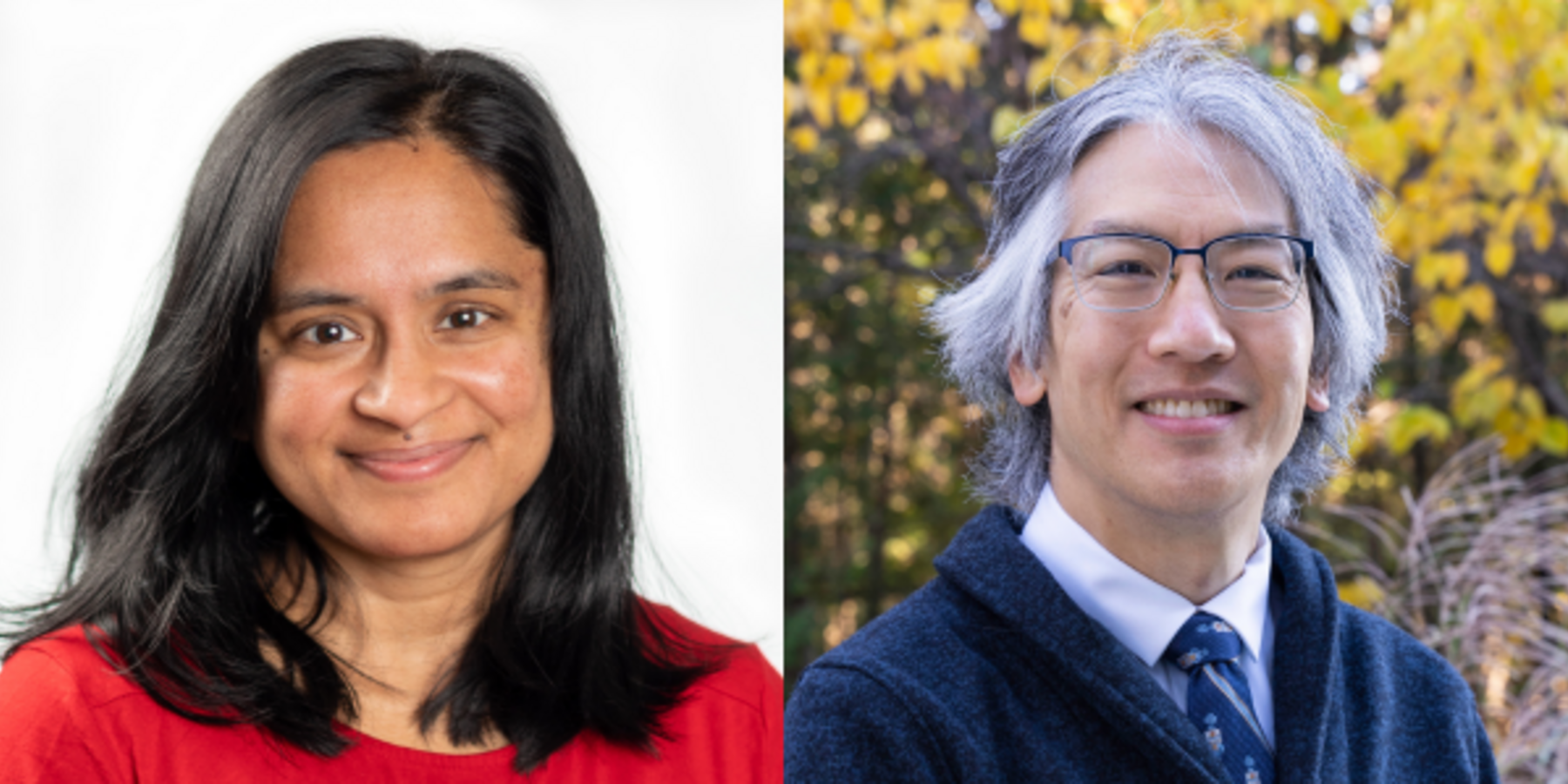
Dr. Sharmistha Mishra
Affiliation: Dalla Lana School of Public Health, University of Toronto
Research Project: Dr. Mishra's study, "Impact of unequal testing on vaccine effectiveness estimates across two study designs: a simulation study" was published in the May 2025 issue of Nature Communications.
Award: DSI/T-CAIREM Catalyst Grant - $100,000 CAD
Dr. Tom Chau
Affiliation: Bloorview Research Institute, Holland Bloorview Kids Rehabilitation Hospital
Research Project: Decoding unintelligible speech: a conversational context-aware assistive technology for children with complex communication needs
Award: DSI/T-CAIREM Catalyst Grant - $100,000 CAD
2023
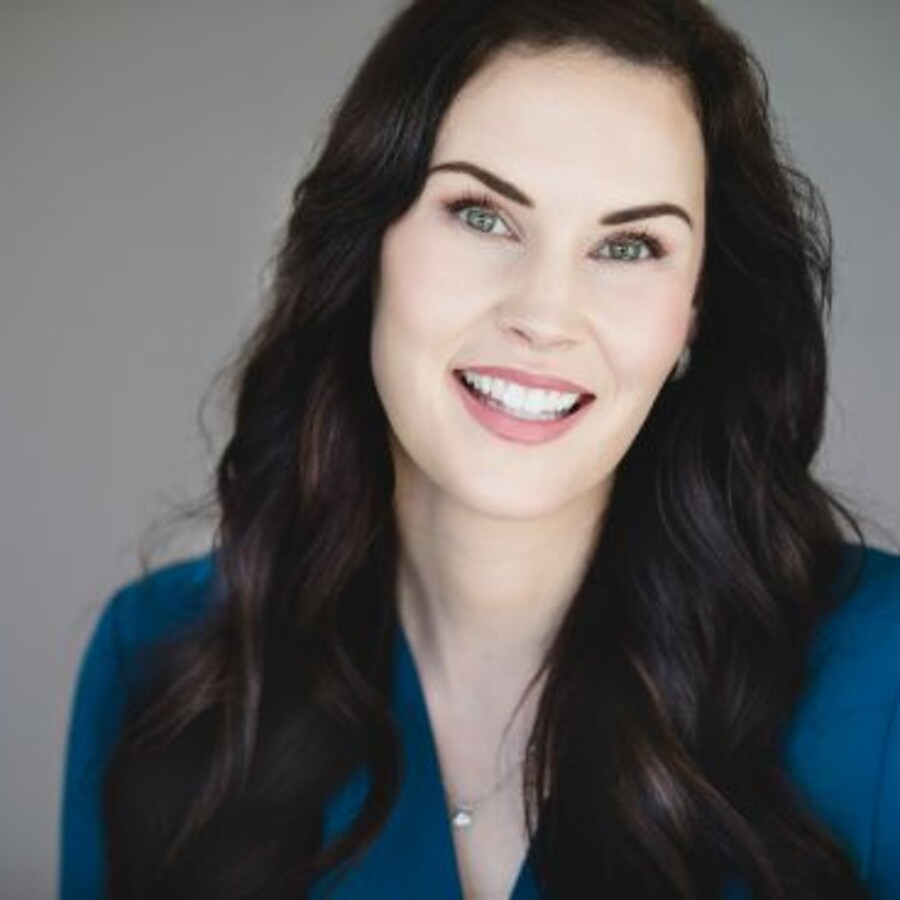
Dr. Andrea Tricco
Affiliation: Associate Professor at the University of Toronto in the Dalla Lana School of Public Health & Institute of Health Policy, Management, and Evaluation
Research Project: Artificial intelligence decision support tool to assess the quality of systematic reviews on the same topic
Award: AI for Population Health and Health Systems Implementation Grant - $150,000 CAD
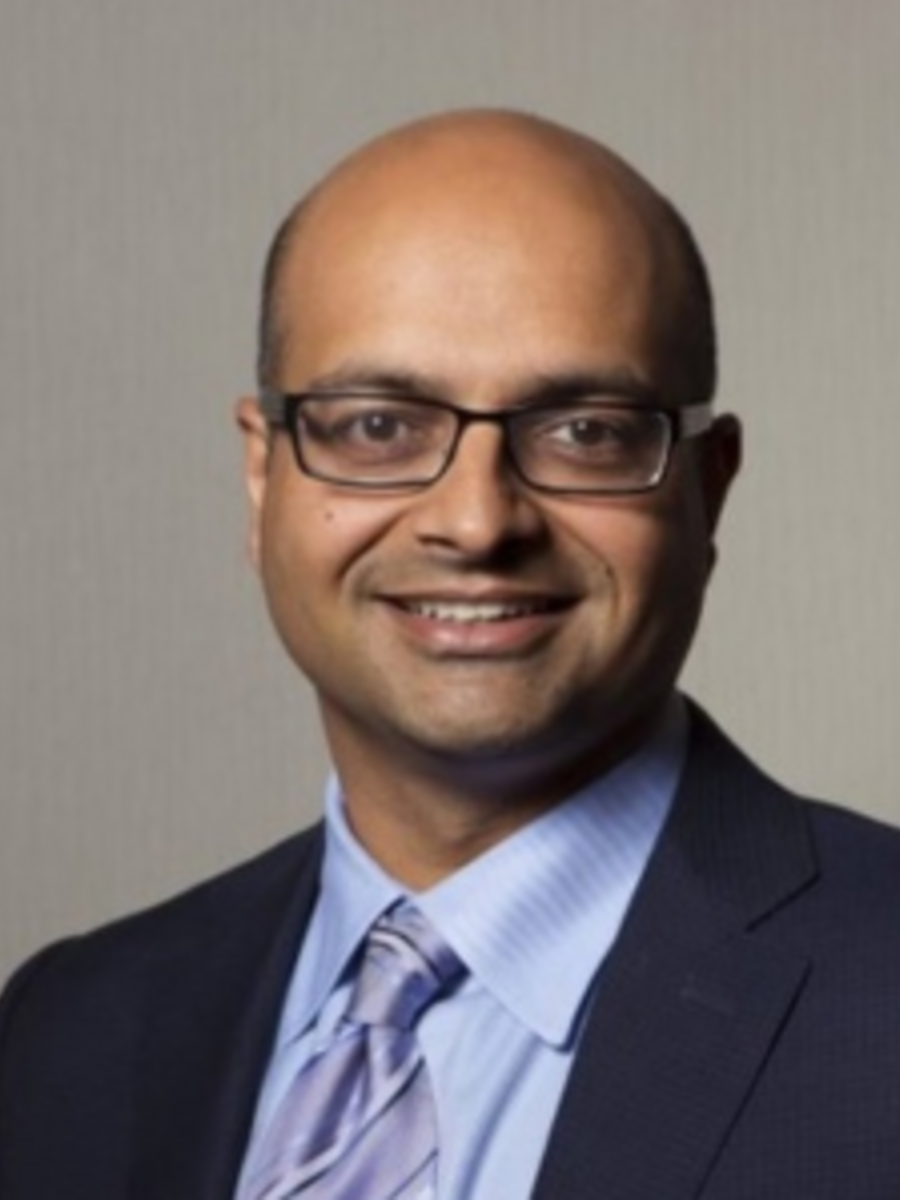
Dr. Girish Kulkarni
Affiliation: Department of Surgery, University of Toronto
Research Project: NIMBLE: An early warning system for tumour recurrence and progression for non-muscle invasive bladder cancer
Award: Temerty Innovation Grant - $100,000 CAD
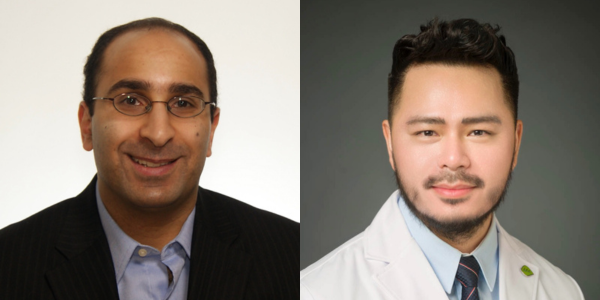
Dr. Mark I. Boulos
Affiliation: Sunnybrook Research Institute; Associate Professor, Division of Neurology, Department of Medicine, U of T
Research Project: Advancing Clinical Outcomes Using Comprehensive Sleep Health and Polysomnography Data
Award: Health Data Nexus Dataset Grant - $50,000 CAD
Dr. William T. Tran
Affiliation: Associate Professor, Department of Radiation Oncology and U of T; Scientist, Sunnybrook Research Institute
Research Project: Advancing Artificial Intelligence Applications Using High-Resolution Digital Tumor Biopsies of High-Risk Breast Cancer
Award: Health Data Nexus Dataset Grant - $50,000 CAD
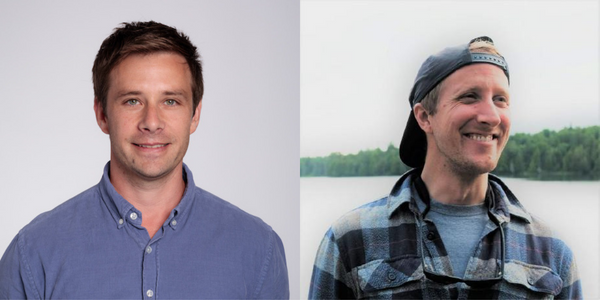
Two of this year’s 13 Catalyst grants administered by the Data Sciences Institute (DSI) were co-funded with T-CAIREM.
Dr. Aaron Conway
Affiliation: Lawrence S. Bloomberg Faculty of Nursing, U of T
Research project: Pain Detection in Masked Faces during Procedural Sedation
Collaborators: Babak Taati, Toronto Rehabilitation Institute, KITE, University Health Network); Sebastian Mafeld (Toronto General Hospital Research Institute, University Health Network)
Award: Catalyst Grant - $100,000 CAD
Dr. Sebastian D. Goodfellow
Affiliation: Department of Civil and Mineral Engineering, Faculty of Applied Science Engineering, U of T
Research project: Accelerating machine learning in healthcare: Solving the labelling bottleneck
Collaborators: Mjaye Mazwi (Translational Medicine Labs, SickKids), Anica Bulic, (Translational Medicine Labs, SickKids), and Melissa McCradden (Genetics & Genome Biology Labs, SickKids).
Award: Catalyst Grant - $100,000 CAD
2022
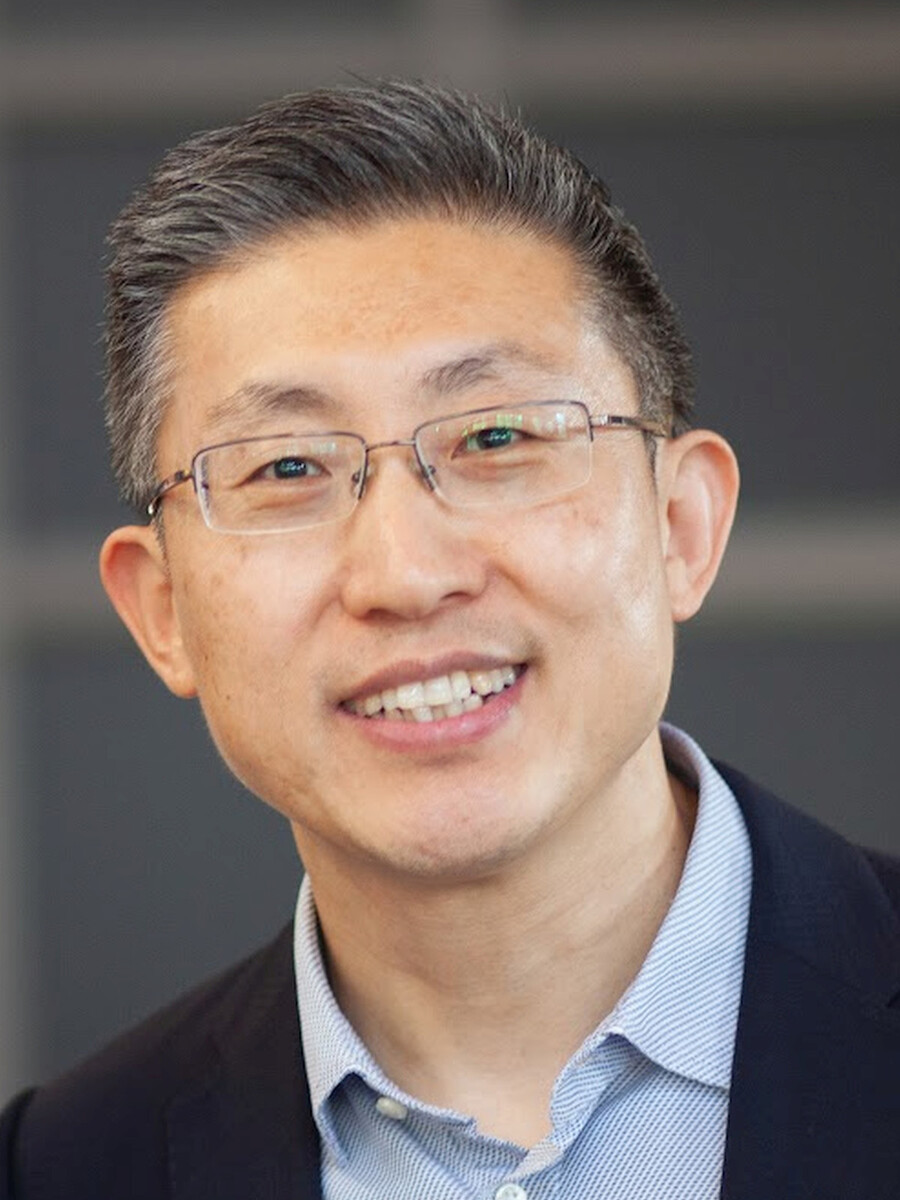
Prof. Yu Sun
Affiliation: UofT Engineering; Tier I Canada Research Chair; Director of UofT Robotics Institute
Research project: Non-Invasive Selection of Single Spermatozoa with High DNA Integrity for In Vitro Fertilization (IVF)
Collaborators: Prof. Clifford Librach, U of T, Faculty of Medicine, Department of Obstetrics & Gynaecology
Award: 2022/23 Vector Institute-Temerty Clinical AI Integration Grant - $300,000 CAD
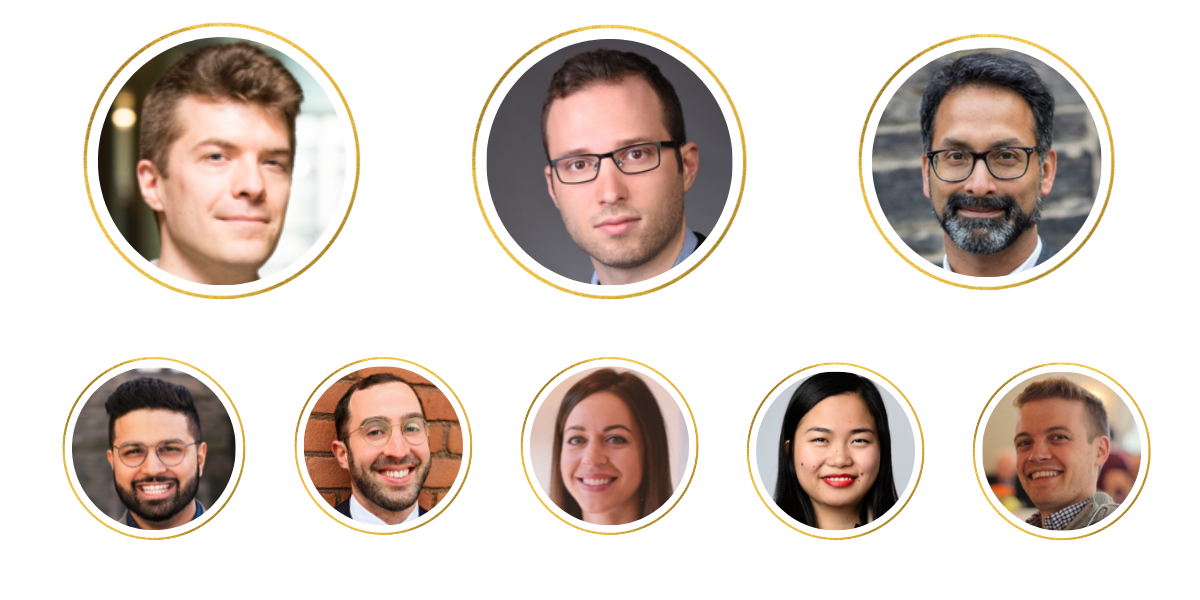
Prof. Frank Rudzicz, Prof. Noah Crampton, Prof. Andrew Pinto
Affiliation: Department of Computer Science, U of T
Research project: Artificial Intelligence Automation to Improve Family Medicine Workflow
Co-Investigators: Omri Nachmani, Hanu Chaudhari, Stephanie Garies, Jane Zhao, Christopher Meaney
Award: Family Medicine (FAFM & CFPC)-Temerty Innovation Grant - $100,000 CAD
2021
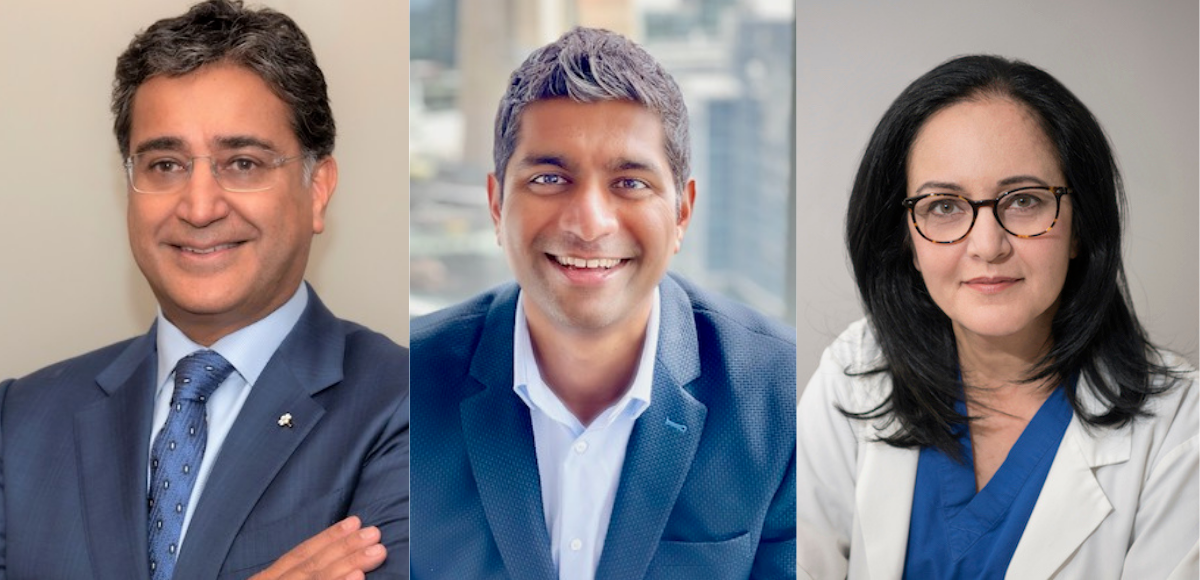
Dr. Shaf Keshavjee
Affiliation: UHN Research
Research project: Advanced Ex Vivo Organ Assessments for Clinical Lung Transplant Using AI.
Award: Temerty Innovation Grant - $200,000 CAD
Dr. Devin Singh
Affiliation: Hospital for Sick Children
Research project: Machine Learning-Based Innovation in Ocular Pediatric Assessment Using point of care ultrasound
Award: Temerty Innovation Grant - $200,000 CAD
Dr. Mojgan Hodaie
Affiliation: UHN
Research project: An Artificial Intelligence-based MR Imagine Reconstruction Framework
Award: CIFAR-Temerty Innovation Catalyst Grant - $130,000 CAD
